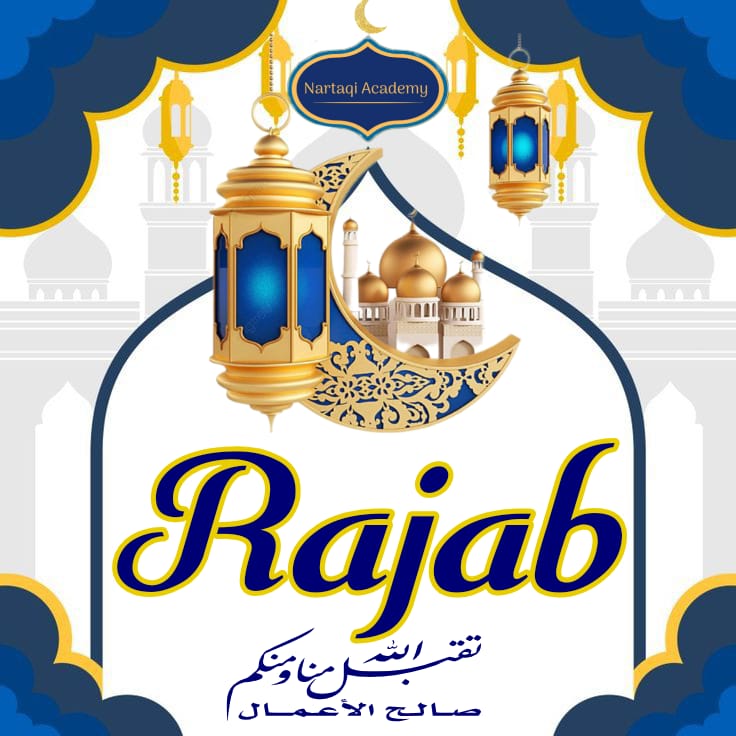The Birth of the Prophet Muhammad: An In-Depth Exploration
Introduction
The birth of the Prophet Muhammad (peace be upon him) represents a pivotal moment in Islamic history and a profound event in the spiritual journey of humanity. For Muslims, Muhammad’s arrival on earth is not just a historical milestone but a divine blessing that marked the beginning of a new era of spiritual enlightenment and moral rectitude. This comprehensive exploration covers the historical, cultural, and spiritual significance of his birth, providing insights into the miraculous events surrounding it and the early life of the Prophet.
Historical and Cultural Context
The 6th century CE in the Arabian Peninsula was a time of considerable social and political flux. The region was characterized by a tribal society with deeply entrenched customs and beliefs. Mecca, the city of Muhammad’s birth, was a prominent center of trade and religious pilgrimage, known for its polytheistic practices centered around the Kaaba, a sacred shrine that attracted worshippers from across the Arabian Peninsula.
The Quraysh tribe, to which Muhammad belonged, was highly respected in Mecca for its custodianship of the Kaaba and its leadership in commerce. The tribe was also known for its social stratification and adherence to tribal customs. The society was steeped in tribal rivalries and a system of justice that was heavily influenced by personal honor and retribution.
During this period, the Arabian Peninsula was largely isolated from the broader political dynamics of the Byzantine and Sassanian empires, which dominated the surrounding regions. This isolation contributed to the preservation of traditional Bedouin customs and a unique cultural identity.
The Year of the Elephant
The year of Muhammad’s birth is referred to as the Year of the Elephant (عام الفيل) in Islamic tradition. This designation originates from an event that occurred the previous year, in 570 CE, when Abraha, the Christian governor of Yemen, attempted to destroy the Kaaba with an army that included war elephants. The attack was meant to challenge the religious significance of the Kaaba and assert Christian dominance in the region.
According to Islamic tradition, the attempt was miraculously thwarted by divine intervention. A flock of small birds, known as the Ababil, was sent to protect the Kaaba. These birds pelted Abraha’s army with stones of baked clay, causing the elephants to scatter and the army to retreat in defeat. This event is recounted in Surah Al-Fil of the Quran, highlighting the Kaaba’s sacred status and the protection it received from God.
The Birth of the Prophet Muhammad
Muhammad was born in Mecca to Amina bint Wahb and Abdullah ibn Abd al-Muttalib. His father, Abdullah, died before Muhammad’s birth, leaving Amina to raise her child alone. Islamic tradition holds that Amina experienced a vision during her pregnancy in which she was informed that her son would be a great leader and would bring a divine message to the world.
On the night of Muhammad’s birth, it is said that the entire city of Mecca was illuminated by a divine light. According to various sources, Amina reported that she saw a brilliant light emanating from her that illuminated the surrounding area, symbolizing the arrival of a significant prophetic figure. In addition to this celestial light, there were reports that the idols in the Kaaba fell to the ground, signifying the end of polytheistic practices and the beginning of a new monotheistic era.
Muhammad’s birth was marked by a series of auspicious signs, including the appearance of a comet or shooting star, which was seen as a harbinger of his future greatness. It is also said that the Prophet’s birth was accompanied by the disappearance of many of the disease and afflictions that had plagued the region.
Early Childhood and Upbringing
Following his birth, Muhammad was placed under the care of a wet nurse, Halima Saadia, as was the custom among the Quraysh tribe. Halima’s tribe, the Banu Saad, was known for its strong and noble lineage, and her role in Muhammad’s early upbringing was significant. During his time in the desert with Halima, Muhammad experienced a formative period of his life that exposed him to the Bedouin way of life and the values of the desert tribes.
Halima reported that Muhammad was an unusually calm and gentle child. His time in the desert contributed to his deep appreciation of nature and the Arabic language. This period also helped develop his character and resilience, qualities that would later be essential in his prophetic mission.
At the age of six, Muhammad’s mother, Amina, passed away, leaving him an orphan. His grandfather, Abdul Muttalib, took over his guardianship but also passed away shortly afterward. Muhammad was then placed under the care of his uncle, Abu Talib, who provided him with love and protection.
Despite these early hardships, Muhammad grew up to be a man of exceptional character. He was known for his honesty, integrity, and reliability, earning him the nickname “Al-Amin” (the Trustworthy). His reputation for fairness and truthfulness was well established even before he received the prophetic mission.
The Spiritual and Moral Significance
The birth of Muhammad is considered by Muslims to be the fulfillment of prophecies made by previous prophets, including those in the Jewish and Christian traditions. His arrival is seen as the final and complete revelation of God’s message to humanity, coming after a series of prophetic messages that include those given to Abraham, Moses, and Jesus.
Islamic tradition holds that Muhammad is the Seal of the Prophets, meaning that he is the last prophet sent by God to guide humanity. His life and teachings are seen as a comprehensive guide for living a righteous and just life. The Quran, revealed to Muhammad over 23 years, is regarded as the ultimate source of divine guidance and is central to Islamic belief and practice.
The spiritual significance of Muhammad’s birth is also reflected in the celebrations of his life. The month of Rabi' al-Awwal, during which Muhammad’s birth is commemorated, is marked by various religious activities, including the recitation of his life story, prayers, and reflections on his teachings. These celebrations serve to reinforce the values of compassion, justice, and devotion to God that Muhammad exemplified.
Conclusion
The birth of the Prophet Muhammad (peace be upon him) is a momentous event that transcends its historical context to become a defining moment in the spiritual and moral framework of Islam. His arrival marked the beginning of a new era of divine guidance and moral clarity, shaping the course of Islamic history and influencing billions of people worldwide. Muhammad’s life, characterized by his unwavering commitment to justice, compassion, and monotheism, continues to inspire and guide Muslims to this day. The commemoration of his birth is a testament to his enduring legacy and the profound impact of his message on the world.

.png)
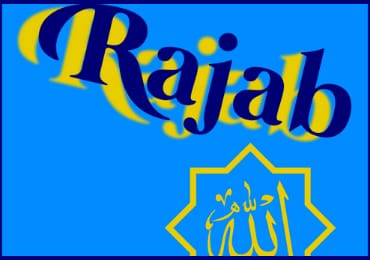
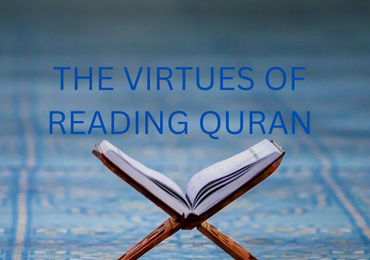
.png)
.png)
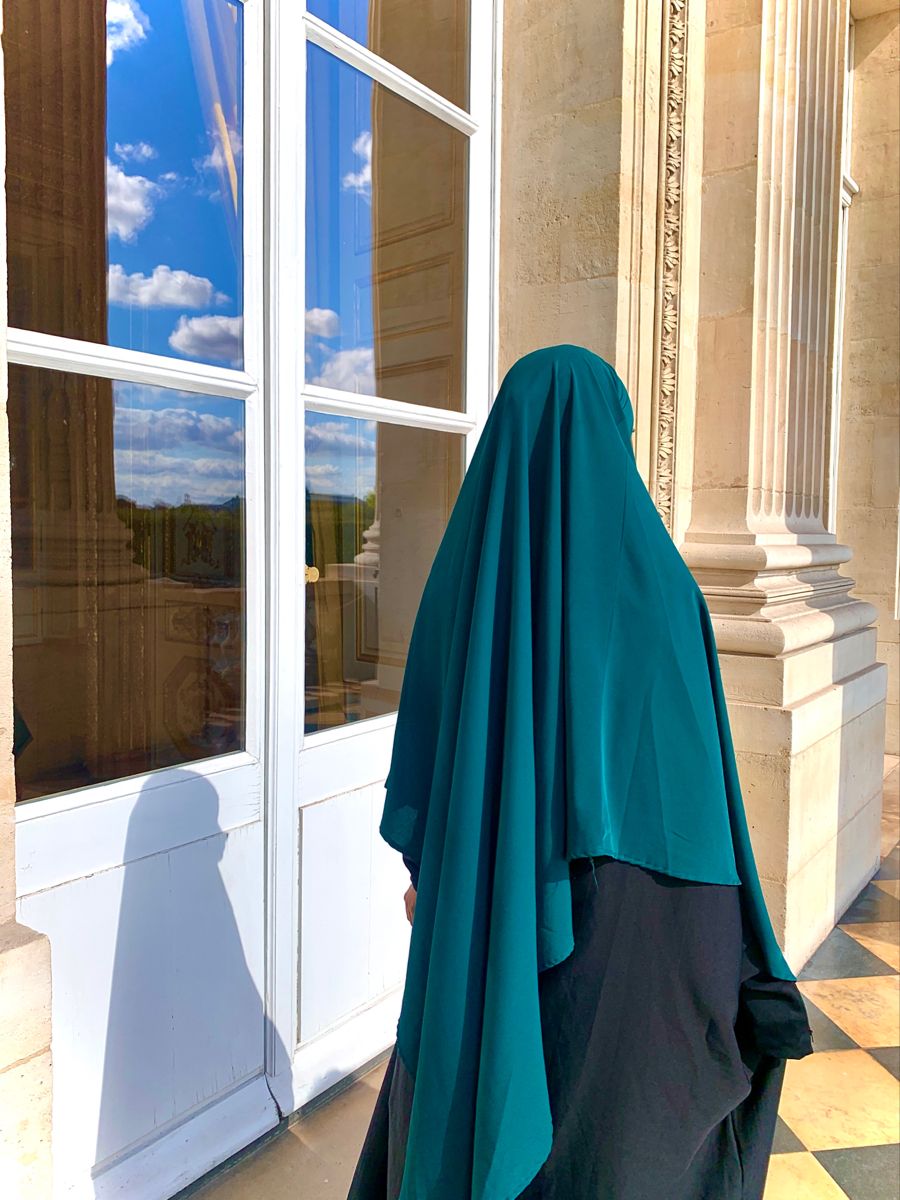
.png)
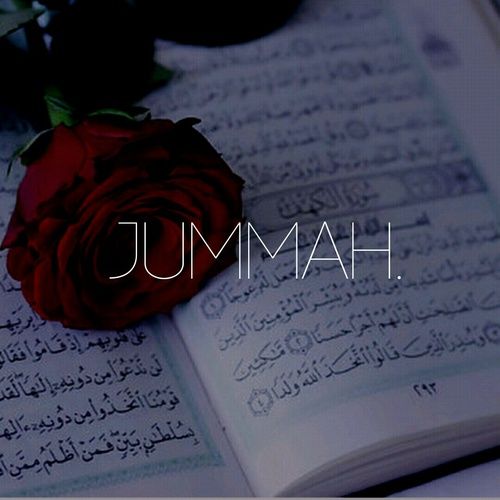
.png)

